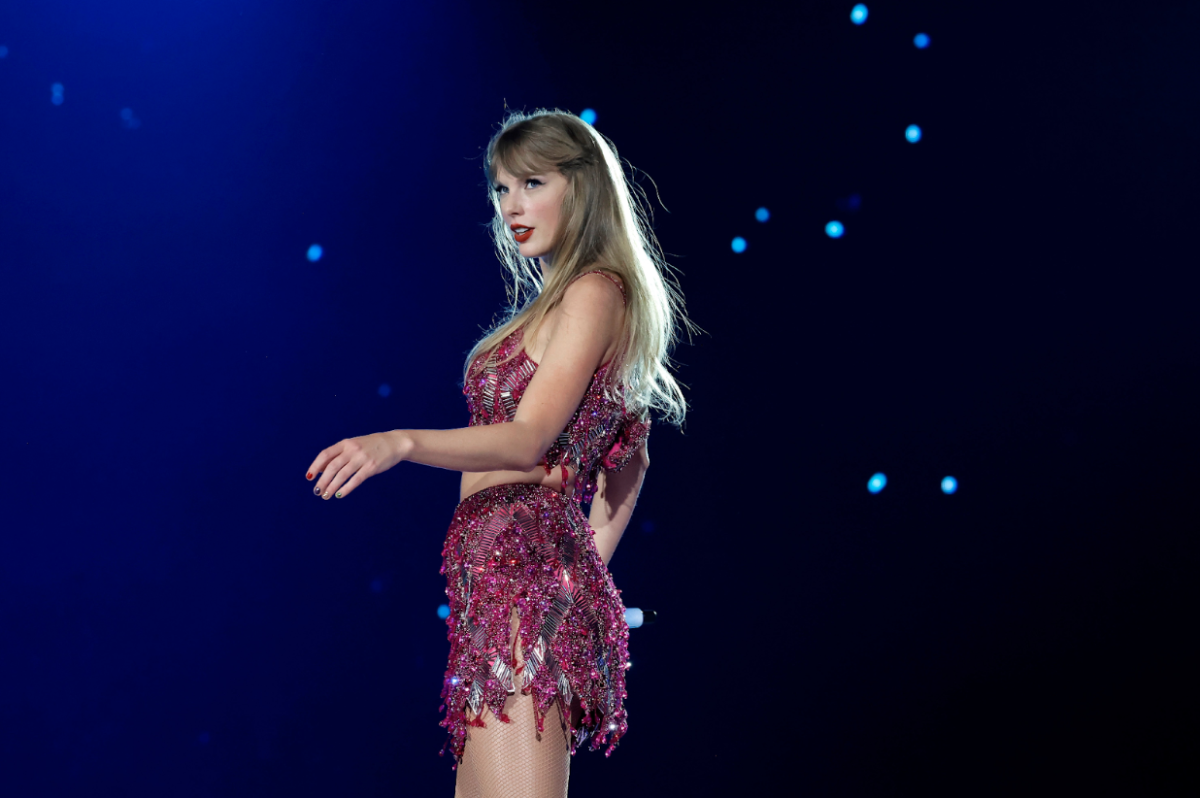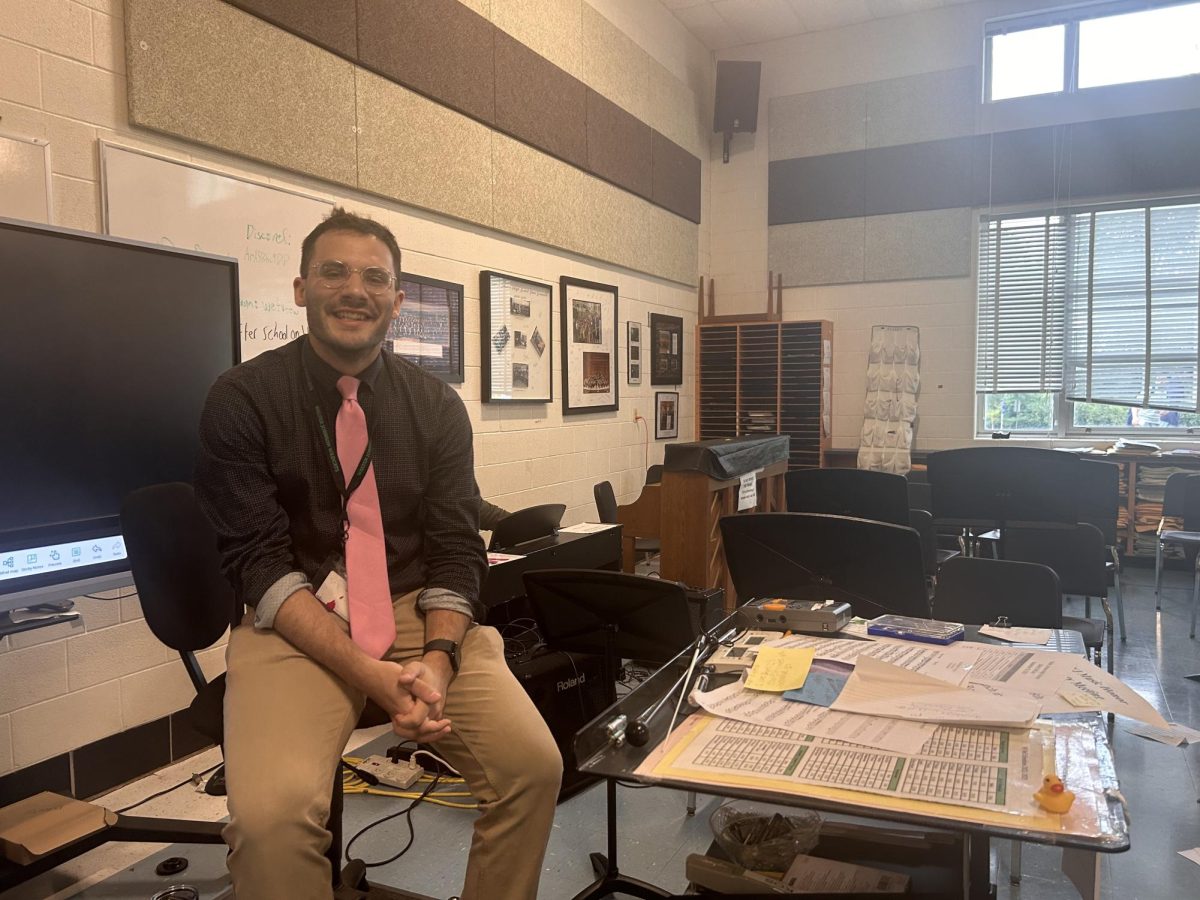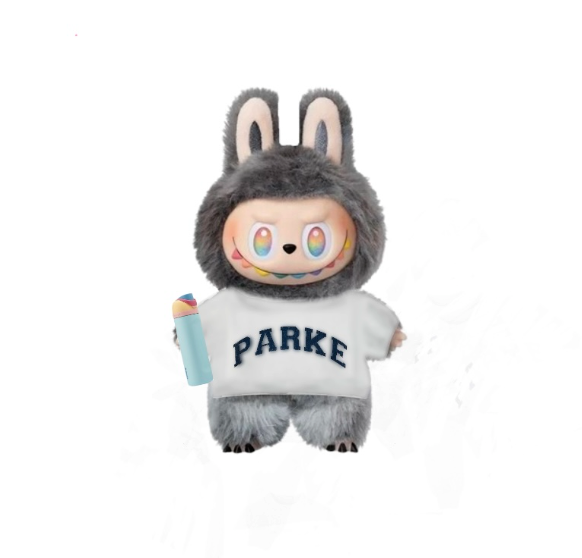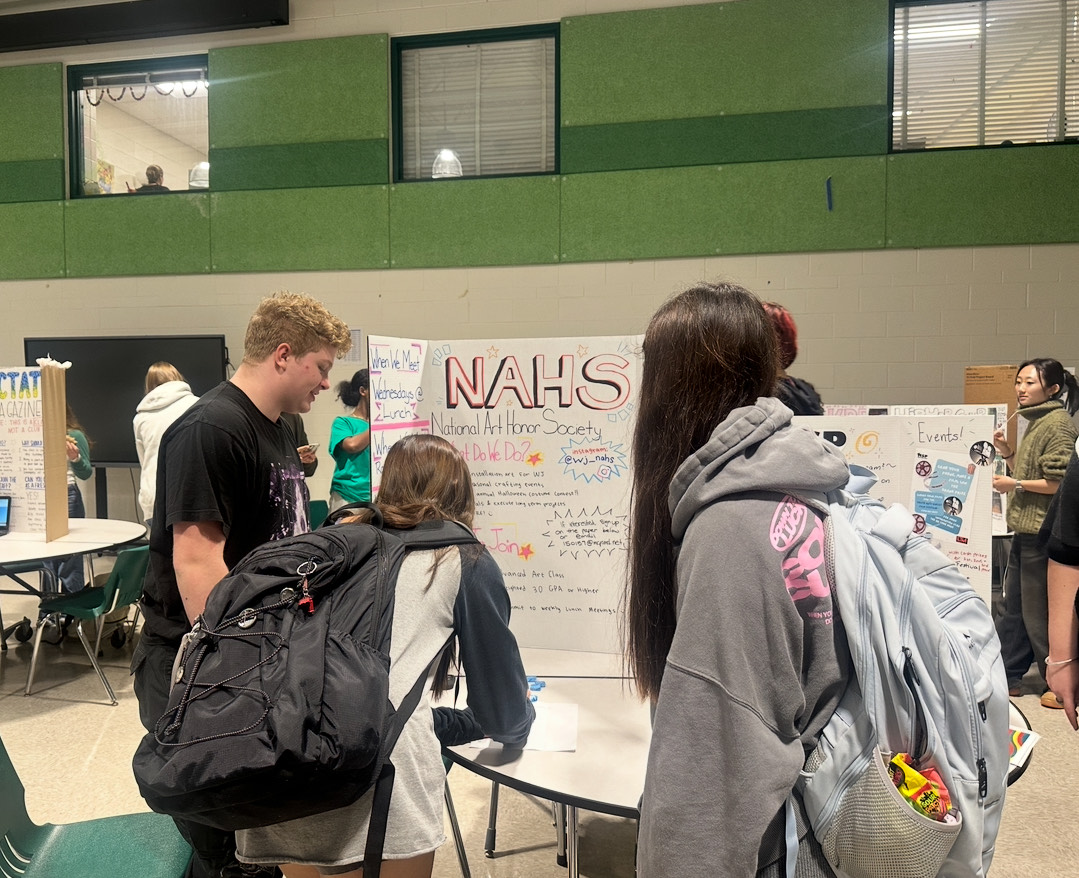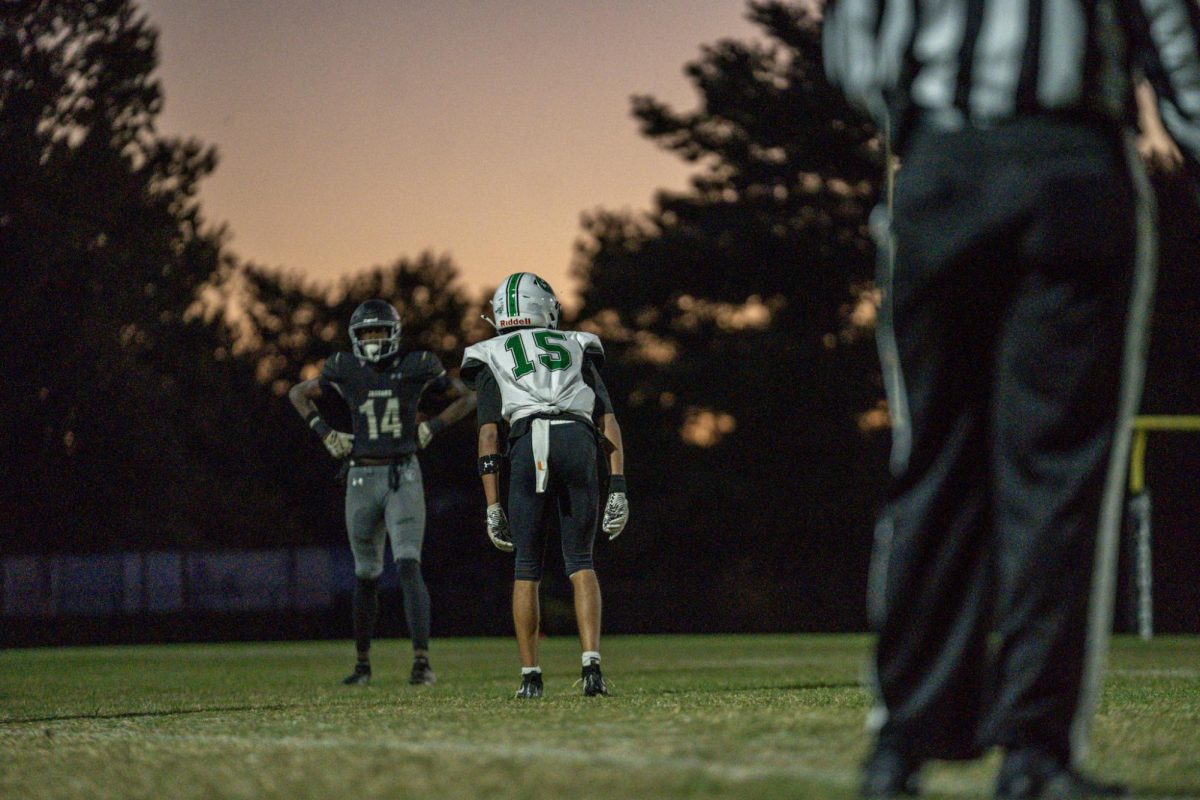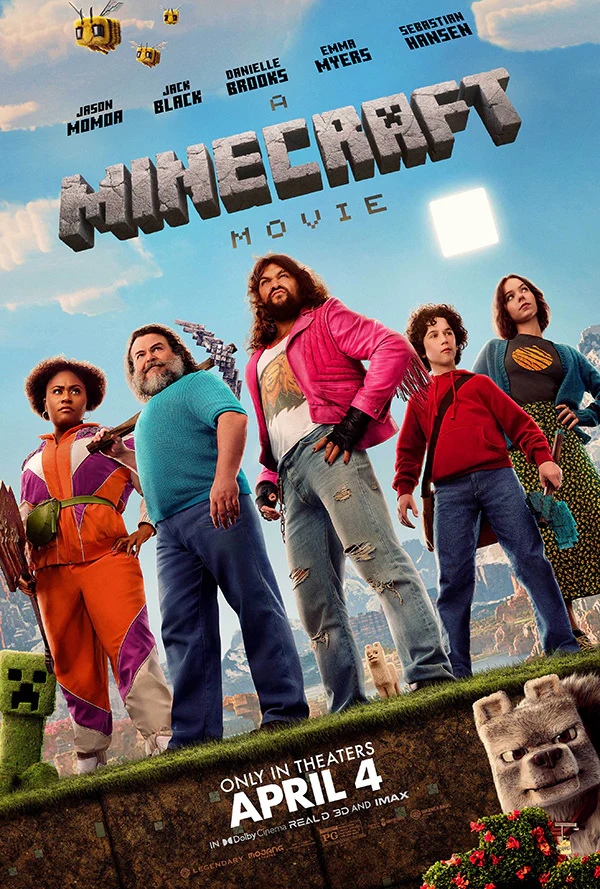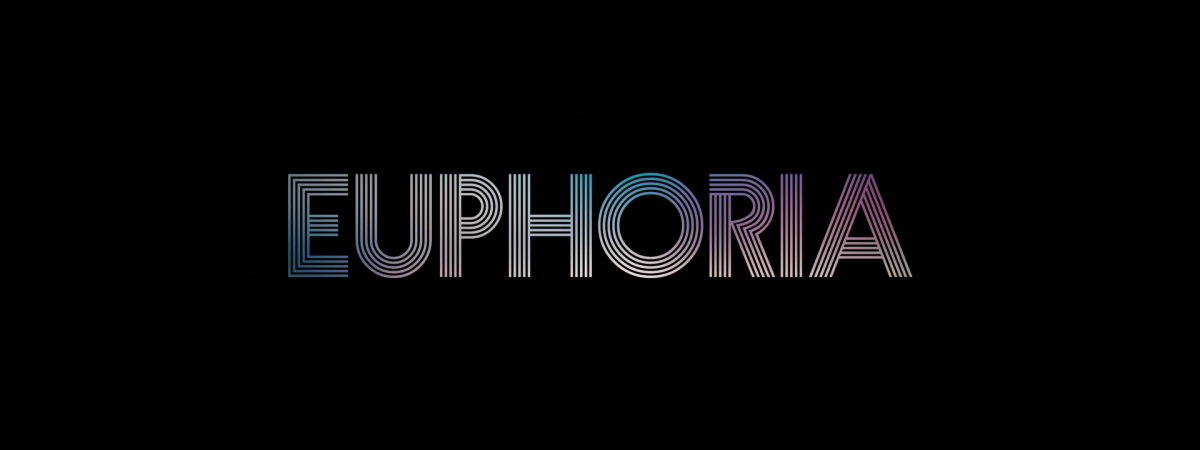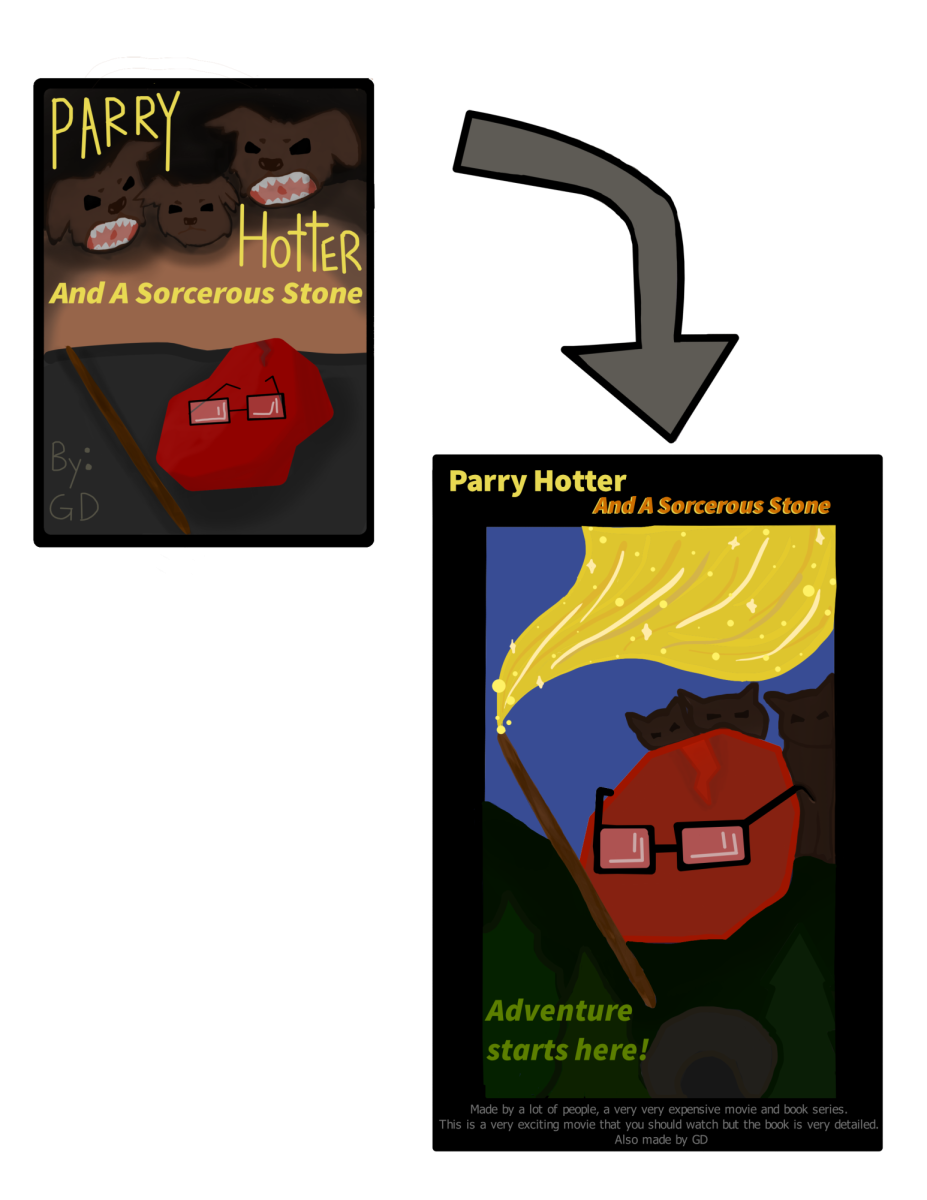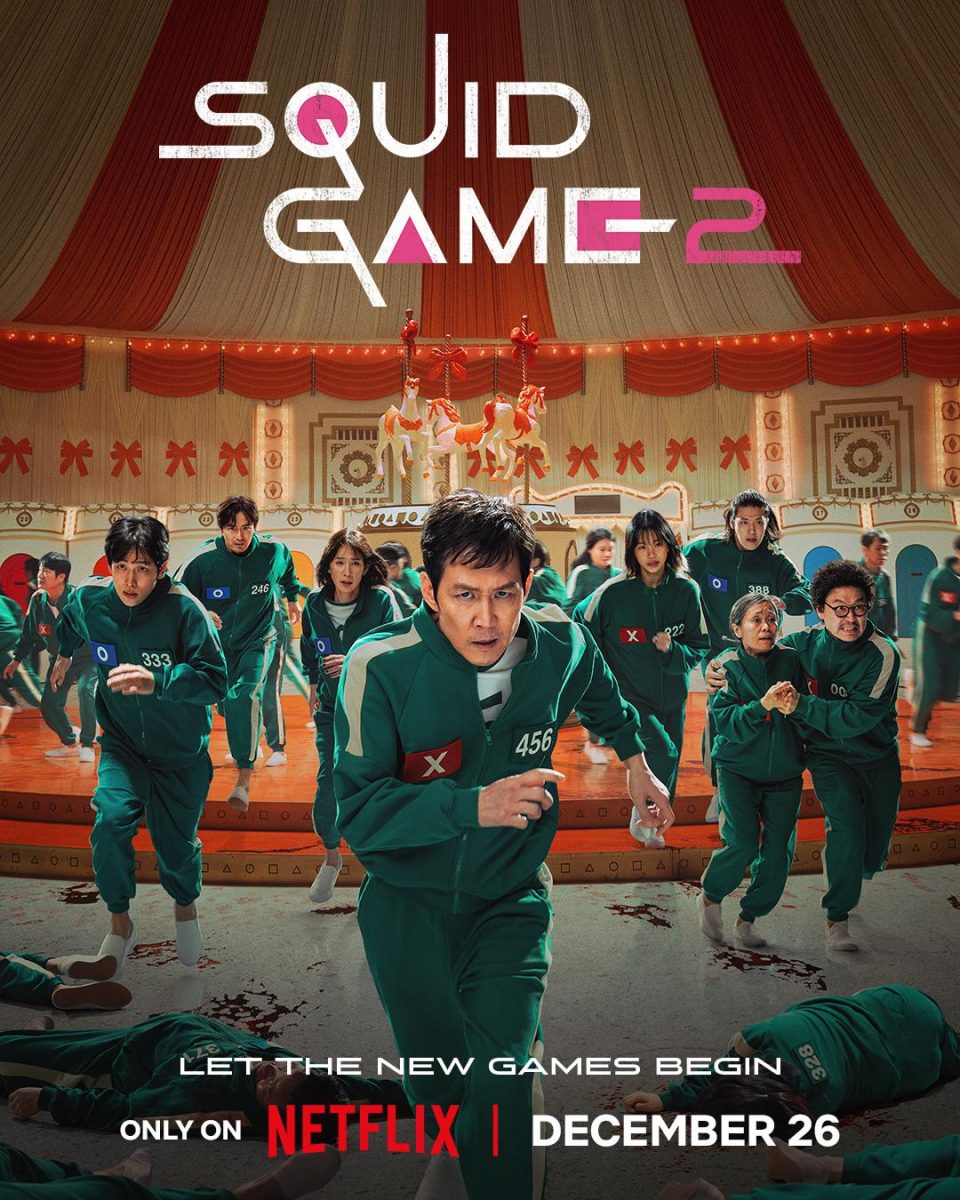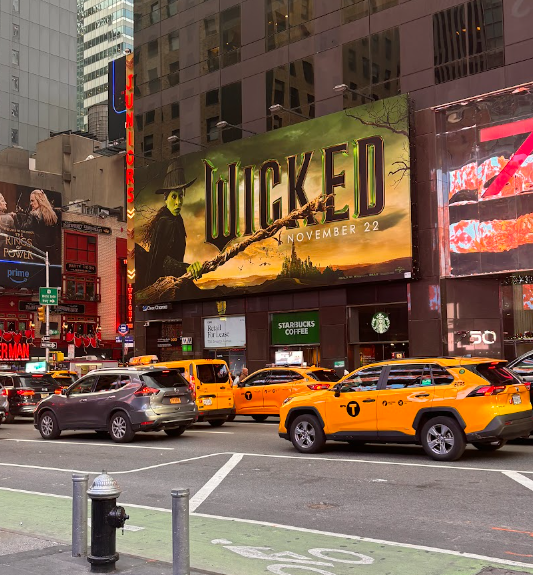If you’ve been on social media recently, maybe you’ve noticed your favorite celebrities posting themselves in plain clothes, marching in the streets, holding white signs on wooden sticks. These widely-recognized picket protests were in support of the Writers Guild of America (WGA) strike, which advocated for better treatment of Hollywood writers. Since these posts began five months ago, there’s been major progress in favor of these Hollywood workers.
The writers strike officially ended on Sept. 27 after 148 days, making it the second longest in the union’s history, though its payoff is far from over.
The leaders of the guild unanimously voted to approve their members to return to work after reaching a new agreement with Hollywood studios and streaming services on Sept. 24. The new agreement includes several provisions, including increased health benefits and higher minimum pay for writers.
But perhaps the most important guarantee of the contract was the streaming compensation for writers, the central reason why the strike began in the first place.
With the streaming takeover in recent years, traditional television has been on an accelerated decline as viewership and revenue continues to plummet. This, coupled with once long TV seasons being cut down to fewer and fewer episodes means that it is more difficult than ever for writers to find work. Even when writers do find work, their earnings are minimized when shows are launched onto streaming platforms because most writers don’t receive any residuals.
The new contract is a significant step for the 11,000 writers the WGA represents, as it requires streaming data to be shared with the WGA, something streaming services were not transparent about in the past. The contract also gives writers tremendous residual bonuses on shows watched by 20% of a streaming service’s audience within the first 90 days of release.
AI was also a major issue on the negotiation tables. During the last few nights of negotiations, WGA leaders were able to secure the final protections against AI which pushed the contract the extra mile and finally got it approved. The agreement states that studios cannot force writers to use AI, must inform writers if any material has been generated by AI, and cannot deprive writers of their credit if AI is used. The WGA also has the power to stop studios from using writers’ material to train AI.
The total value of the deal offered by the studios is $233 million which is $147 million more than what the initial deal was in May. The WGA and writers across the country are viewing this new agreement as a victory, even if they are upset that it took so long.
Although the contract is yet to be ratified, writers just returned to work last week and late night shows are already back on the air. Jimmy Kimmel, Jimmy Fallon, Seth Meyers and Stephen Colbert are among the late night hosts that returned to screens across America this past week with five months worth of news to cover and jokes to crack.
Viewers can also look forward to their favorite TV shows airing new seasons in the near future. Popular shows like “Yellowstone”, “Abbott Elementary”, “The Last of Us”, “Cobra Kai” and “Stranger Things” all had seasons delayed by the strike, leaving viewers parched for content. With writers room full again, we can expect to see these titles much sooner rather than later.
It is clear that the outcome of the WGA strike is a step in the right direction for both writers and the entertainment industry. Although the battle over fair rights in Hollywood is far from over, Hollywood and viewers alike can rejoice at the progress that has been made and the return of our favorite stories to the screen.



